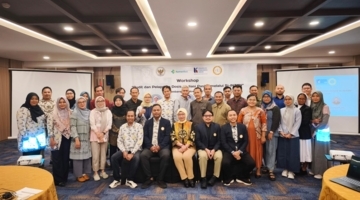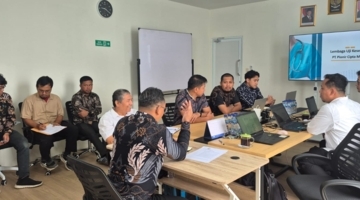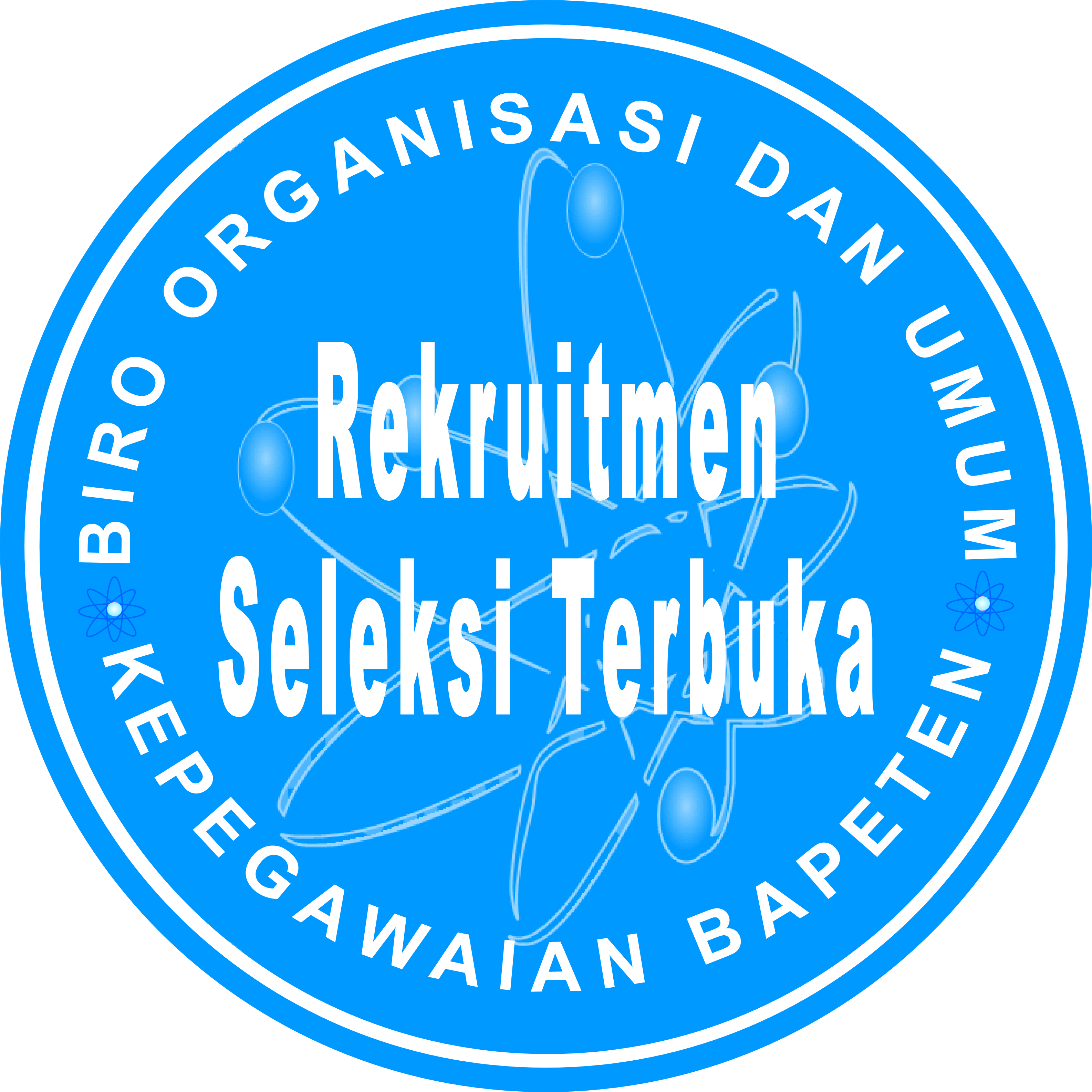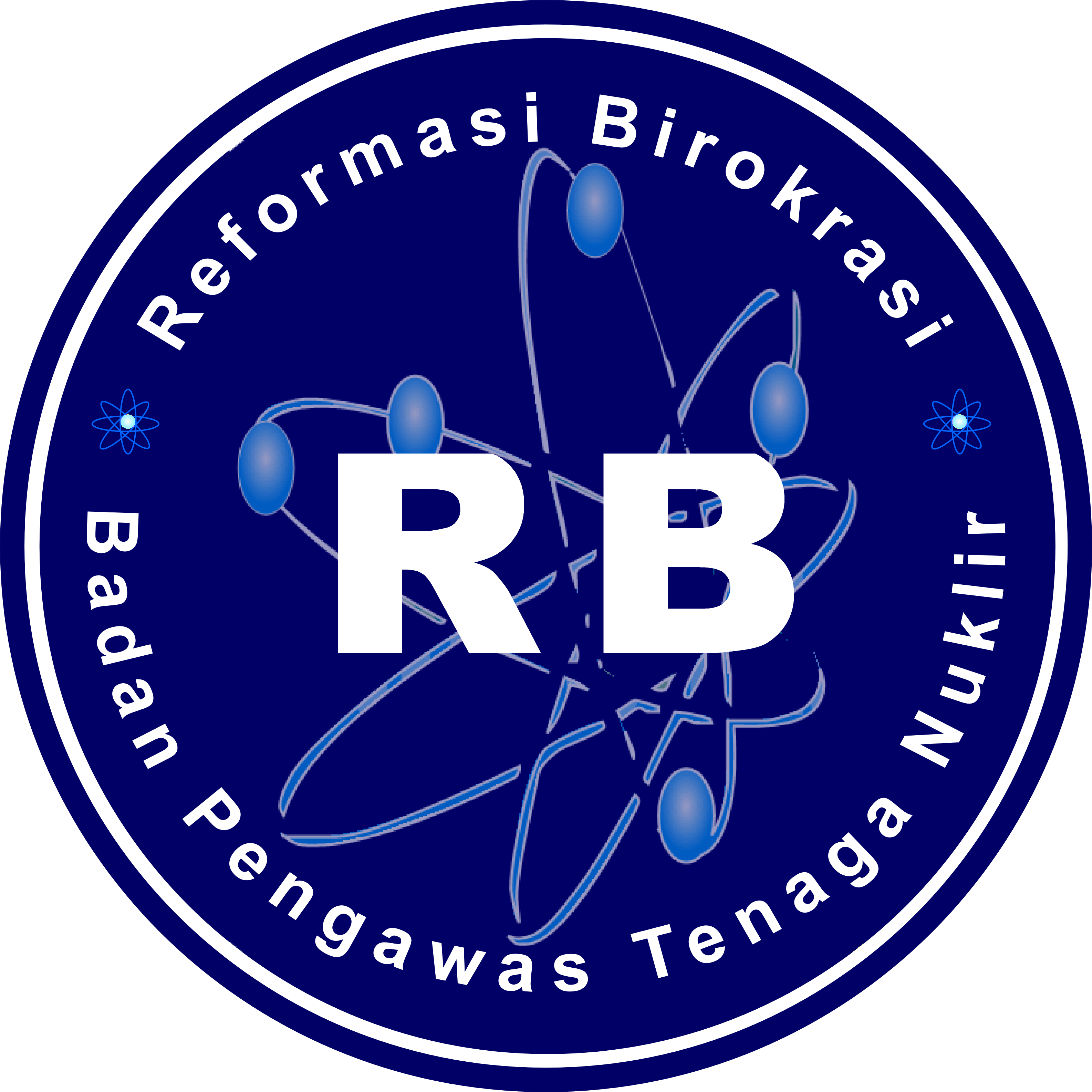The Discussion on the Revision of the Nuclear Act No 10/1997
Kembali 09 November 2023 | Berita BAPETEN | 1940 lihat12 years after the Fukushima accident, nuclear power plant debates have been reignited and considered in the upcoming draft of the Amendment of the Nuclear Act. This revision act has been formulated by the Indonesian Nuclear Regulatory Agency (BAPETEN) for several years. In 2023, there is a new coming bill from the Ministry of Energy and Mineral Resources (ESDM) which has a close connection with the Nuclear Act, which is the draft of the New and Renewable Energy Act (RUU EBT). Nuclear energy as one of various forms of new and renewable energy is later considered to be the national energy supply for electricity. It has been taken into intense discussion and depth technical coordination in this RUU EBT, as well as the energy plan of the ESDM Minister.
If the government and the nuclear power plant industry intend to encourage the use of nuclear energy, the government should prioritize the revision of Law No.10/1997 on Nuclear Energy by this draft on the Amendment of the Nuclear Act. This Amendment to the Nuclear Act is indeed a strong legal basis for nuclear power plant investment. Moreover, the utilization of nuclear power plants based on the government’s roadmap is still too long to be realized, so the government has sufficient time to revise Law No.10/1997. Regarding the energy transition, government still has more work to do which is to harmonize between the New and Renewable Energy Act and the Nuclear Act, to revise Law No.30/2007 to accommodate issues of the energy transition, net-zero emission, NDC, and the Paris Agreement in the energy sector, and also to ratify the CSC to strengthen the legal framework on nuclear liability in case of any nuclear accident in this area.
Decarbonization of the energy sector as one of the largest emitters in Indonesia needs to be carried out to achieve the net-zero target in 2060 or sooner. Therefore, Indonesia should prepare supporting policies for the development of renewable energy. The draft of the New Energy and Renewable Energy Bill has entered the harmonization stage in the Indonesian House of Representatives. Alongside this bill, the Nuclear Bill also entered the harmonization stage in the Ministry of Law and Human Rights of Indonesia (Kemenkumham).
On November 8-9 2023, the harmonization of the draft on the Amendment of the Nuclear Act was conducted by the Kemenkumham in coordination with BAPETEN as the bill of law initiator. This meeting took place in Jakarta and included almost 90 participants from every relevant ministry. The National Army of Indonesia (TNI), Indonesian National Police (Polri), Ministry of Defence (Kemenhan) are giving the most commentaries on this law regarding their authority of nuclear security. There is also the National Standardization Agency of Indonesia (BSN) and the National Research and Innovation Agency (BRIN), which give its insight into the nuclear industry’s standards. Stepped insight from another branch of this vast industry, also the Ministry of Agriculture (Kementan) and the Ministry of Health (Kemenkes). The other ministries such as the Ministry of Public Works and Housing (KemenPUPR), Ministry of Transportation (Kemenhub), etc, and also other government judicative authorities such as the Office of Attorney General (Jampidum & Kejagung) are on board with this discussion.
The newly proposed Nuclear Bill (draft on the Amendment of Nuclear Act) has several new goals and principles set forth, which are more broad and open-minded in liberating all aspects to be conducted freely by the people. It opens new opportunities for any state-owned enterprise (BUMN/BUMD), corporation or any other smaller business private entity, university or academia, laboratory and even by any individuals. Under the new regime, the Promoting Agency (formerly conducted by BATAN) will not be the “sole actor” able to utilize and develop nuclear technology and industry. So, it means that in the future the vision is not to “monopolize” the industry, but to maintain a healthy business affair where there may be more than one state and private actors joining the business. However, the state-owned enterprise(s) will be the sole and most-favoured actor to run the industries for some cases like nuclear power plant and uranium mining industries. These actors might join the business, whilst still being strictly under, or by any means, supervised directly by the authorities.
The proposed Nuclear Bill is created the matter of encouraging the sustainable and peaceful use of nuclear energy for prosperity, protecting the workers, public and environment, fulfilling international obligations for nuclear safeguards and security, prohibiting any diversion of nuclear material for non-peaceful use, criminal activity or development/use of any nuclear weapon in Indonesia. The old 1997 Nuclear Bill treated these matters strictly without any doubt, whereas the newly proposed Nuclear Bill gives more flexibility and the “benefit of the doubt”. Some principles will change the entire league. It will partly change how the next generation envisions the Nuclear Bill and any other nuclear-related legislation and regulations. Safety, security and safeguards have to be ensured, but at the end of the day, the goal is to achieve ‘prosperity’. There is no use in gaining such compliance without making any of us prosperous. The growth in the nuclear industry still needs to be prioritized and it needs flexibility and continuous improvement since nuclear technology is growing rapidly.
Indonesia is trying to gain public acceptance and stakeholder involvement are two main keys to passing a new bill in Parliament. During the harmonization, BAPETEN has involved the State’s competent authorities in another sector. The various organizations representing certain community groups have also been allowed to view the draft so the bill will not deviate from its goals. The state encourages the people through socialization and public hearings so that the people can participate in the law-making.
It’s a long-term commitment to national legislative work to gain national prosperity and the government’s ambitious plan under the previous Omnibus Law. The government has a strong political will in pushing the national GDP, creating more jobs and economic boost during its demographic bonus and making Indonesia as the top leader in many world and regional forums. Furthermore, the regulatory body and the other ministries are committed to giving fresh air for the investment. The draft of the Amendment of the Nuclear Act itself has been shaped here and there regarding the fulfillment of the national goals by the Omnibus Law. For this case in particular, in facilitating the growth of nuclear power plants and the nuclear industry by robust and reliable laws in nuclear safety, security, safeguards and liability. [DP2IBN/ASC/ZM/BHKK/Da]


























Komentar (0)